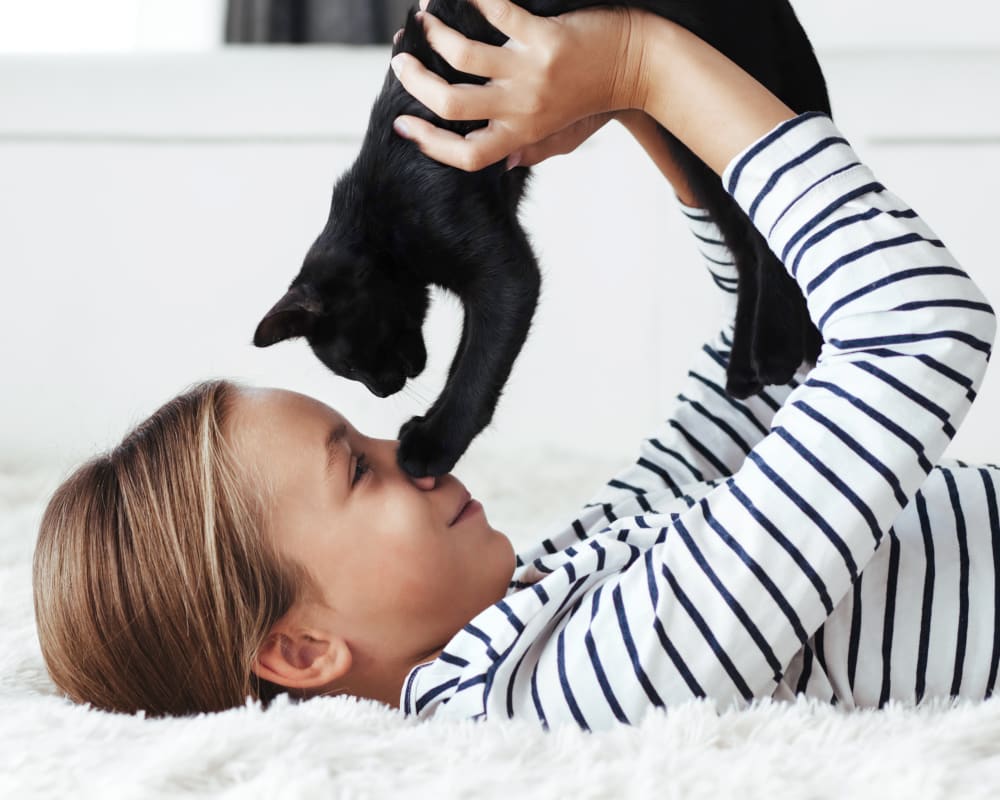Puppy & Kitten Services
Care for Puppies & Kittens
Adding a puppy or kitten to your family can be exciting, but it is also a big commitment.
Along with the joy of becoming a new pet parent comes the responsibility of providing your new family member with the essential healthcare they need to live a long and happy life.
The veterinary team at Glendale Veterinary Hospital is ready to help you on this journey by providing guidance and veterinary care for puppies and kittens, especially during that first year of life when vaccinations and parasite prevention are vital.

Your Pet’s First Appointment
Our veterinarians recommend that puppies and kittens have their first veterinary visit when they are around 8 weeks of age.
Examination & Diagnostics
During your puppy or kitten's first vet visit they will receive a complete physical examination to assess their overall health, look for signs of any congenital issues, and check for parasites.
Parasite Prevention & Vaccinations
Deworming medications and the first round of puppy or kitten vaccinations will also be provided during this first visit.
Follow-Up Appointments
Approximately three to four veterinary appointments will be required for puppies and kittens between the ages of seven to eight and 16 weeks. These visits allow our veterinarians to keep an eye on your pet's health and administer vaccines on schedule.
Puppy & Kitten Packs
To help you navigate your new pet's critical first year of life, our veterinary team will provide you with guidance and helpful information every step of the way, including:
- A vaccination, parasite prevention, and medical care schedule
- Information on spaying and neutering
- Information on common medical problems such as heartworm disease and feline leukemia
- Tips on socializing your puppy or kitten with other animals and people, including pets already living in your home
- Nutrition information
At Glendale Veterinary Hospital, our veterinary team is dedicated to making sure your new family member gets the best care possible now, as they grow, and into their senior years.
New Patients Welcome
Glendale Veterinary Hospital is accepting new patients! Our veterinary team is passionate about the health of cats and dogs in Caledon. Give us a call today to book your pet's first appointment.
Contact
Hours
-
Click to View
- Monday:07:30 am - 07:00 pm
- Tuesday:07:30 am - 07:00 pm
- Wednesday:07:30 am - 07:00 pm
- Thursday:07:30 am - 07:00 pm
- Friday:07:30 am - 05:30 pm
- Saturday:09:00 am - 01:00 pm
- Sunday:Closed
